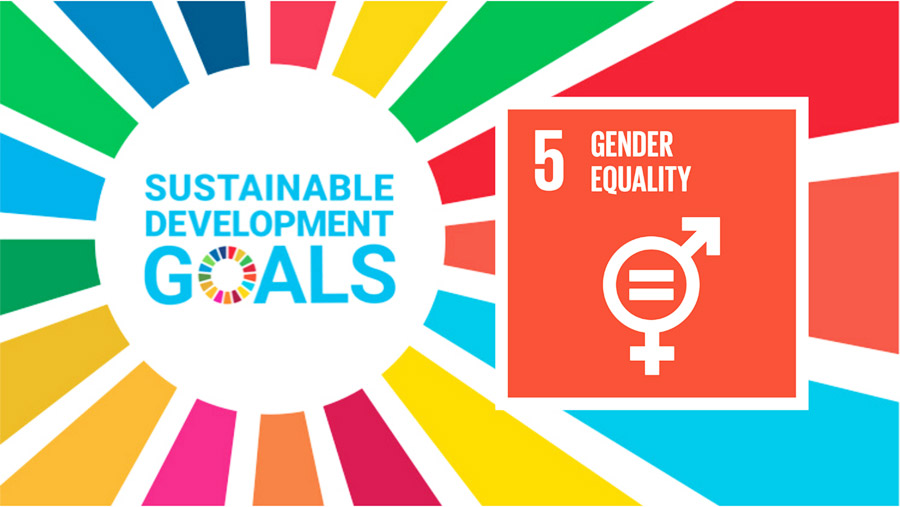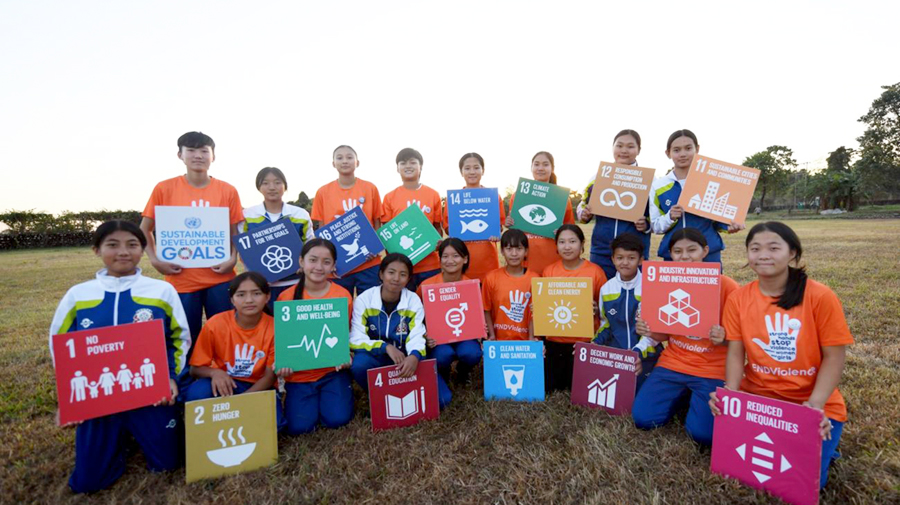
Deeply rooted gender norms, gender-based violence, and underrepresentation of women in decision-making among others are posing a significant challenge to Bhutan in achieving Gender Equality. This is according to the UN Bhutan’s Sustainable Development Report 2023. Listed as the United Nations’ Sustainable Development Goal five, Gender Equality is important for any development progress and ensures that everyone, regardless of gender, can contribute equally to economic growth and social progress. The United Nations is calling for coordinated efforts to achieve the goal through policy reforms and investment in women’s empowerment.
 According to the United Nations, traditional gender roles and stereotypes are deeply rooted in many societies, limiting opportunities for women and reinforcing gender inequality.
According to the United Nations, traditional gender roles and stereotypes are deeply rooted in many societies, limiting opportunities for women and reinforcing gender inequality.
In addition, violence against women and girls, including domestic violence, and sexual assault which are prevalent in communities across the country acts as a barrier to achieving gender equality.
Furthermore, like elsewhere in the world, Bhutanese women are underrepresented in the political sphere with a few women in leadership positions. This, according to the UN, ultimately limits women’s ability to influence policies and decisions that affect their lives.
Besides, women disproportionately bear the burden of unpaid care work including childcare and household chores, which limit their participation in the workforce and other areas of public life.
UNFPA’s Country Director for Bhutan, Andrea Wojnar said, “First, let me point out that Bhutan is no different than many other countries. Bhutan is not out of the ordinary. Bhutan suffers from the same situation as many other countries, and it’s linked to regressive social norms, norms that keep women from being at par with men.”
According to UN Women, the inability to achieve gender equality impacts the progress of all the other SDGs thereby affecting overall development.
Andrea Wojnar added, “Gender equality has a cross-cutting impact on all of the SDGs. Whether we’re talking about access to food, sustainable cities or about education, it has an impact.”
Nonetheless, works are in progress to achieve gender equality through initiatives that promote women’s education and healthcare and by implementing policies to address gender-based violence.
RENEW, one of the implementing partners in achieving gender equality works toward empowering women and promoting gender equality.
RENEW’s Director Meenakshi Rai (PhD) said, “We work with the local leaders very closely because they are in the community and they are the first point of contact for the rural people. We do work with religious organizations because if you want to work on gender inequality that’s happening, I think it’s the social norms that we need to work towards. So then I think our religious leaders play a big role.”
According to the United Nations, these challenges can be addressed if relevant authorities coordinate efforts at the national and local levels. It requires the authorities concerned to bring about policy reforms, invest in women’s health and education, and promote women’s economic empowerment besides taking initiatives to fight gender norms and stereotypes.
Bhutan has to achieve the gender equality SDG along with other SDGs by 2030.
Sonam Pelkid (Intern)
Edited by Phub Gyem









